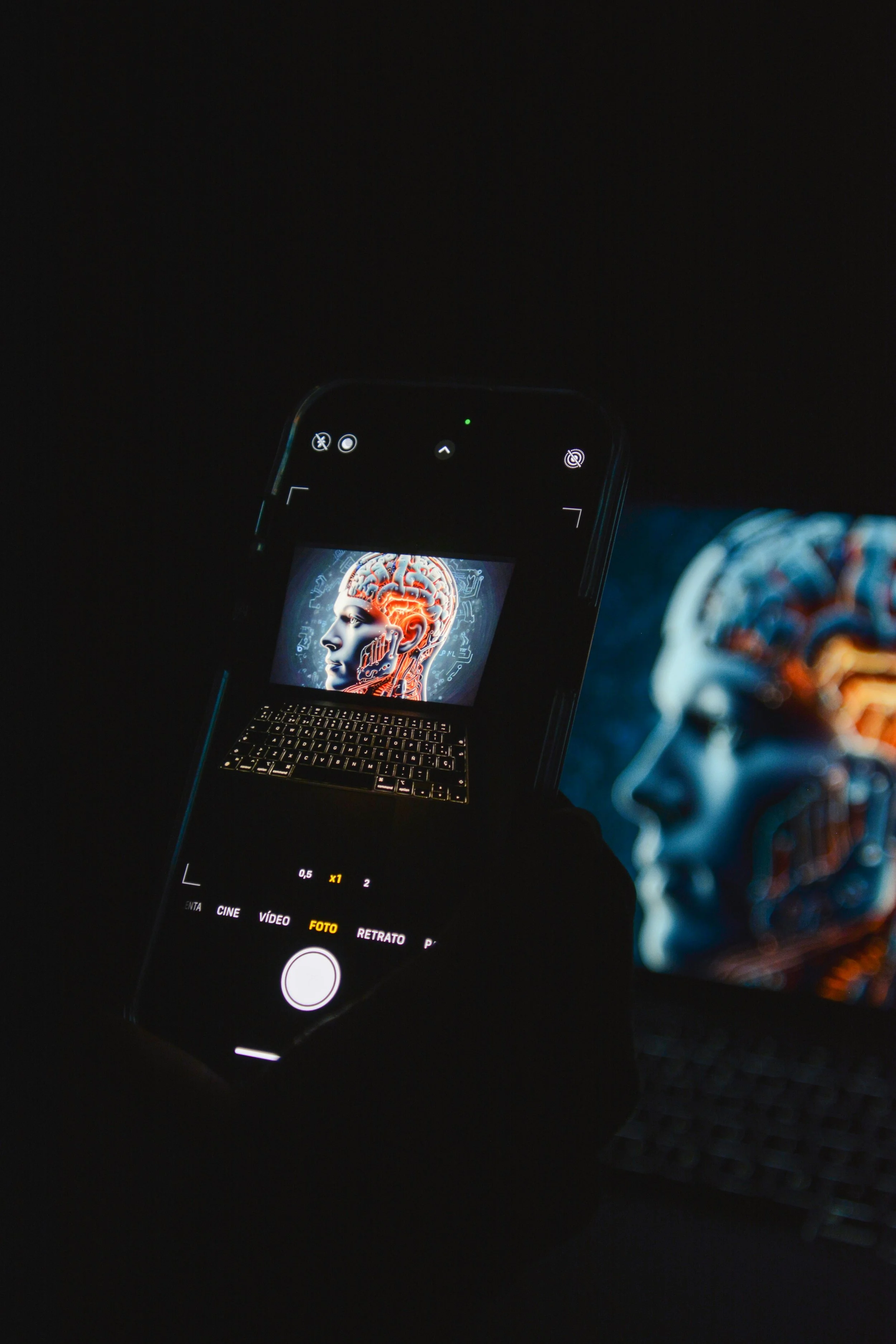AI Actresses in Film: Ethics, Threats, and the Future of Creativity
Courtesy of Aidin Geranrekab
This post is supported by NordVPN. All thoughts and opinions are my own.
The film industry has always been shaped by innovation. From the introduction of sound and color to CGI and motion capture, each new tool has redefined what’s possible on screen. Now, artificial intelligence is entering the spotlight—and it’s changing how we think about actors themselves.
AI-generated actresses and digital doubles are no longer experimental. Studios are beginning to explore their potential to cut costs, bypass contracts, and even create “perfect” performers. But as exciting as the technology may sound, it brings a host of threats and ethical challenges that the industry cannot afford to ignore.
The Threat to Human Actors
For centuries, actors have been at the center of cinema. Their craft, emotions, and humanity breathe life into stories. But with AI actresses, that human element risks being sidelined. Instead of hiring and paying living performers, studios can rely on digital replacements—ones that never age, never need breaks, and never negotiate higher pay.
This raises an important question: what does it say about how studios and industries view their actors and employees? If AI is seen as a quick fix to budgets and schedules, it reveals a deeper issue: the perception of human talent as replaceable commodities rather than irreplaceable contributors to art.
Ethical Concerns: Consent and Control
One of the most pressing ethical challenges is consent. Many actors fear their likeness could be replicated without approval—or even after they’re gone. Imagine a beloved actress continuing to “star” in films decades after her passing, without her family’s input.
Beyond likeness, there’s also the issue of control. Who owns an AI-generated performer? The programmer, the studio, or the actor whose features were scanned? This gray area leaves plenty of room for exploitation, especially when big corporations prioritize profit over people.
Creativity: Expansion or Erosion?
Proponents of AI in acting argue it could expand creativity. Filmmakers could resurrect historical figures, create fantastical characters with unprecedented realism, or even craft performances impossible for humans to achieve.
But on the flip side, creativity could be eroded. Part of what makes cinema powerful is its connection to real human experience—the imperfections, the subtle expressions, the shared vulnerability between actor and audience. If performances are reduced to algorithms and pre-programmed gestures, will films lose the very spark that makes them resonate?
What’s at Stake for the Industry
The debate isn’t just about technology—it’s about values. If studios lean too heavily on AI, they risk sending a clear message: efficiency is more important than artistry, and employees are expendable. This could further strain the relationship between Hollywood’s workforce and executives, especially in light of recent labor strikes that already highlighted concerns about fairness and respect.
AI actresses force us to confront uncomfortable truths. Do we want a future where storytelling is dominated by flawless, synthetic faces? Or do we want to preserve the messy, beautiful humanity that has defined cinema for over a century?
A Larger Reflection on Labor
What’s most alarming is what this trend reveals about how industries at large view their employees. If studios can treat actors as assets to be digitized and re-used, it’s a mirror of how other industries might view workers: interchangeable, disposable, and less valuable than the technology replacing them.
This isn’t just a film industry problem—it’s a wake-up call.
Protecting Yourself in the Digital Age
Actors are fighting for their right to control their image and work. But in our own way, everyday people face similar challenges online—data scraping, stolen content, and identity misuse are increasingly common. That’s why protecting your digital presence is so important.
This is where tools like NordVPN can help. Just as performers need safeguards against having their likeness exploited, you deserve protection over your personal data and online activity. NordVPN encrypts your connection, making it harder for malicious actors—or even AI systems—to harvest your information without consent.
If you’re passionate about protecting both creativity and privacy, check out NordVPN here. It’s a simple step toward keeping your digital identity safe in an AI-driven world.
This article contains affiliate links. If you purchase through them, I may earn a small commission at no extra cost to you. This helps support the blog and keeps content like this going. Thank you!
DISCLAIMER FOR ART IMITATING LIFE
While we strive to provide accurate and helpful content on this site, Art Imitating Life makes no warranties or guarantees regarding the accuracy, completeness, or reliability of any information, advice, or opinions shared here. Use of the content on this website is at your own risk, and to the fullest extent permitted by law, Art Imitating Life is not liable for any losses, damages, or other consequences resulting from its use. By accessing and using this website, you acknowledge and accept this disclaimer and agree to its terms.
Our website may contain links to external websites for your convenience. These external sites are not controlled, sponsored, or endorsed by Art Imitating Life. We do not assume any responsibility for the content, availability, or practices of these third-party sites and disclaim liability for any loss or damage arising from your use of them.

